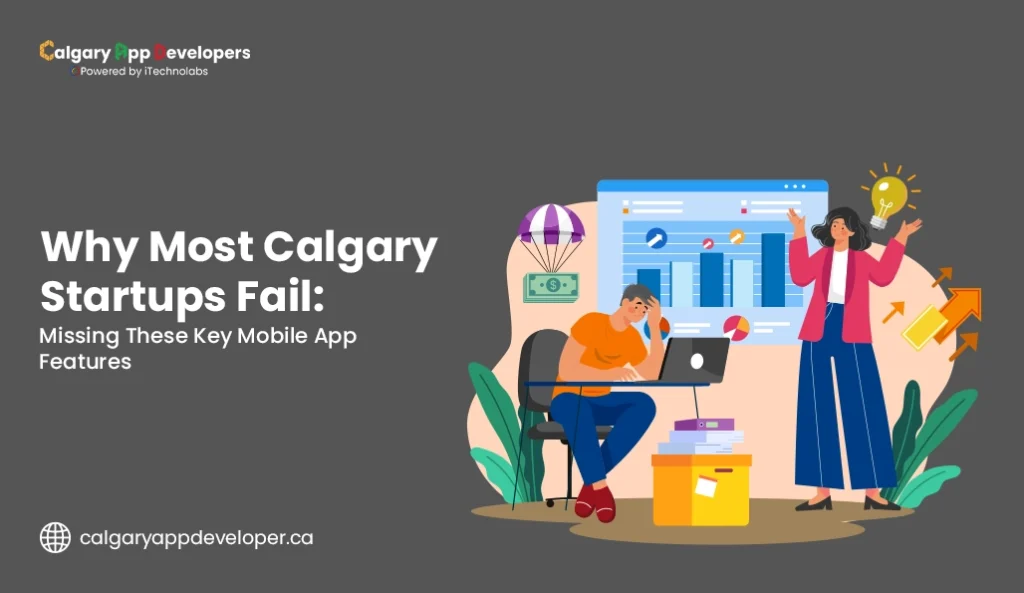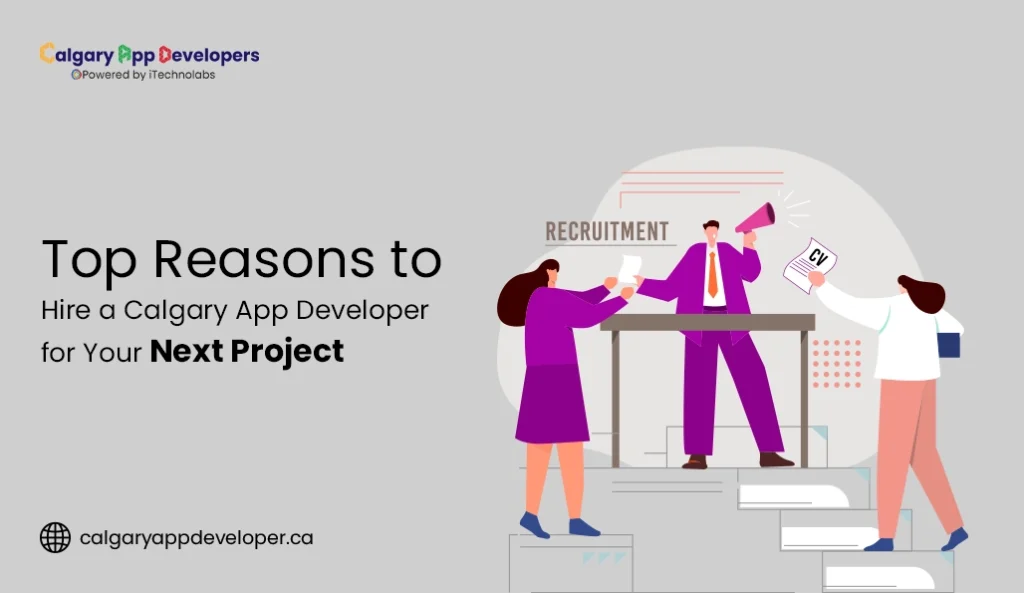10 Must-Ask Questions Before Choosing a Development Firm

Choosing the right development company can determine the success or failure of your product—you have been building an MVP, scaling an existing app, or adding new features and you want to ensure that the development partner you bring on board is not just coding but following your vision, your user experience, and your go-to-market timelines.
The problem is that at first, every company is the same – great portfolios, a wonderful website, and flashy sales presentations can be amazing, but that can be a far cry from real life post signing the contract!
To avoid miscommunications, unachievable timelines, and pricey reworks, it is important to take the time in the beginning to ask the right questions – those that help unveil how the company actually operates behind closed doors.
In this blog, we have compiled 10 questions for you to ask beyond the gloss of the buzzword to get to the heart of whether a web or app development company is the right fit for your business or startup.
- Q1. Can You Walk Me Through Your Project Timeline and Milestones?
- Q2. Can You Share Examples of Similar Projects You’ve Delivered?
- Q3. How Many Projects Are You Actively Working On Right Now?
- Q4. Who’s on the Team—and Is Any Part of the Work Outsourced?
- Q5. What Does Your Communication Process Look Like During Development?
- Q6. What Is Your Post-Launch Support and Maintenance Policy?
- Q7. Can You Explain Your Tech Stack and Why You Recommend It for My Project?
- Q8. How Do You Ensure Code Quality, Security, and Testing?
- Q9. What Happens If the Project Falls Behind or Doesn’t Meet Expectations?
- Q10. How Do You Handle Change Requests or Scope Creep?
- Conclusion
Q1. Can You Walk Me Through Your Project Timeline and Milestones?
A trusted development company should be able to describe specifically how your project will go from kickoff to deployment without writing a single line of code. This isn’t a matter of throwing dates around; it’s about how they divide up hard work into coherent, actionable phases.
Look for a clear answer that includes:
- Design & Prototyping: Do they plan to have wireframes or mockups presented upfront for feedback?
- Development Phases: How is the work organized—by sprint, module, or milestone?
- Testing & QA: When does testing occur, and how is it logged?
- Launch & Post-Launch: What is go-live like, and is support part of it?
If a company can’t take you through this step-by-step in confidence—or refuses to commit to milestones—that’s a warning sign. The good partners take your deadline seriously, include buffer periods for the occasional change, and let you know about delays before they are issues.
Q2. Can You Share Examples of Similar Projects You’ve Delivered?
Past performance is the best predictor of future results. If a development company has shipped projects like yours—by industry, tech stack, or user needs—then they’re not just bringing technical expertise but also applicable context that can help drive your success.
Look for these things in their response:
- Case Studies or Live Products: Ask to see real-world examples with measurable outcomes. Bonus points if the firm shares the challenges they faced and how they overcame them.
- Similar Business Models: Have they worked with early-stage startups, marketplaces, SaaS platforms, or ecommerce brands like yours?
- Tech Stack Alignment: Did those projects use technologies you’re considering? (React, Flutter, Node.js, etc.)
- Client Testimonials: Are there credible references or reviews that confirm their delivery quality and communication style?
The goal isn’t just to admire their portfolio—it’s to ensure they’ve walked a path similar to yours and know how to build what you envision without a steep learning curve.
Also Read: Why Startups in the U.S. Are Hiring Fractional Dev Teams
Q3. How Many Projects Are You Actively Working On Right Now?
This one will give you an idea of the firm’s current workload—and if they can realistically make your project a priority. A team with too much open work may have trouble with manpower, lagging response times, and deadlines that get blown.
What to listen for in their response:
- Team Capacity: Are they staffed up with assigned developers, or will your project be in a queue?
- Project Prioritization: How do they prioritize projects that receive the most attention, particularly during critical deadlines?
- Project Overlap: Are there ongoing projects in other time zones, industries, or tech stacks that could influence efficiency?
An open development partner will be truthful regarding their availability and won’t promise more than they can deliver in order to make the sale. You need a group that has the attention and resources to prioritize your product—not just another task on the stack.
Q4. Who’s on the Team—and Is Any Part of the Work Outsourced?
Knowing precisely who you will be working with on your project is key to not being surprised down the line. Some companies present senior talent in the pitch but give you junior or outsourced developers once you sign the contract. This query ensures transparency from the beginning.
Here’s what to ask and watch for:
- Team Composition: Are you getting a full-stack team (e.g., frontend, backend, UI/UX, QA) or just one or two developers?
- Experience Levels: Who are the key players? Ask for resumes, LinkedIn profiles, or bios for team leads and developers.
- In-House vs. Outsourced: Is the entire team internal? If not, what parts are subcontracted, and how is quality control maintained?
A solid company will have no hesitation revealing whether or not they outsource any pieces (e.g., testing, UI design) and should be transparent on how they support consistency between internal and external assets. You should know who’s crafting your code—and who’s responsible for it.
Q5. What Does Your Communication Process Look Like During Development?
Clear communication can either build or destroy a development project—particularly for startups that are moving quickly. This question indicates how a development company keeps clients in the know, aligned, and involved during the build process.
Here’s what you should expect to hear:
- Point of Contact: Will you have a specific project manager or account lead? Knowing whom to call directly saves time and confusion.
- Update Frequency: Are there weekly check-ins, sprint reviews, or demo days? Regular updates help you course-correct early and avoid unpleasant surprises.
- Tools Used: Do they use Slack, Jira, Trello, Notion, or another tool for tracking progress and sharing updates?
- Response Times: What’s their average response time to messages, especially during high-priority phases?
You need a team that is transparent, that answers quickly, and that lets you know what is going on—rather than one that vanishes between milestones. A good communication cadence is a good predictor of a dependable dev partner.
Q6. What Is Your Post-Launch Support and Maintenance Policy?
Your app’s launch is not the finish line—it’s only the start. After a product launches, bugs crop up, users provide feedback, and updates become necessary. That’s why knowing a company’s policy on post-launch support and maintenance is as essential as the development itself.
Here’s what to clarify:
- Bug Fixes: Is there a post-launch grace period for free issue fixes?
- Support Hours: Do they provide continuous support, and if so, during what time periods or time zones?
- Update Cycles: How frequently do they suggest updating or patching, and who performs them?
- Support Models: Are there varied support packages (e.g., monthly retainers, pay-as-you-go)?
A reliable company will have a straightforward, methodical plan for after-care post-launch—not a handoff. You need a team that cares about the continued success of your product and is there when problems happen, not one that’s gone after deployment.
Also Check: Top Mobile App Development Platforms
Q7. Can You Explain Your Tech Stack and Why You Recommend It for My Project?
Not all technologies are equal—and the technology your development firm employs will have a direct impact on your app’s performance, scalability, and maintainability in the long run. By asking this question, you get a sense of whether the firm is suggesting tech for your objectives or just working with what they know best.
Here’s what to listen for:
- Contextual Justification: Why is that tech stack best suited for your sector, user base, or feature set?
- Scalability: Do the technologies being selected scale up with your product in the long run?
- Community & Support: Are these technologies well-documented and widely adopted, or niche tools that may be hard to maintain?
- Team Expertise: How long has the team been working with this stack, and what successful projects have they delivered using it?
The right partner won’t overwhelm you with jargon—they’ll explain their choices clearly, showing how the tech aligns with your business goals. A thoughtful answer here indicates a solution-oriented mindset, not a cookie-cutter approach.
Q8. How Do You Ensure Code Quality, Security, and Testing?
Creating an excellent product isn’t all about features—clean code, secure systems, and intensive testing matter. Posing this question indicates whether the company values long-term stability and trust or just ships code to get over the deadline.
Here’s what a strong answer should include:
- Code Quality Standards: Do they observe peer code review, style guide, and documentation practices? Cleanable and readable code pays off in the long run.
- Security Protocols: How do they protect sensitive data? Are they using HTTPS, encrypted storage, secure APIs, and authentication best practices?
- Automated & Manual Testing: Is testing integrated into every sprint? Do they use unit testing, integration testing, or end-to-end testing tools?
- Bug Tracking & Resolution: How are bugs logged, prioritized, and resolved? What’s the process for regression testing?
A trustworthy development partner will design quality and security into their methodology—not make it an afterthought. The more they are able to demonstrate to you, the more confident you can be in their delivery.
Q9. What Happens If the Project Falls Behind or Doesn’t Meet Expectations?
No development process is flawless—and that’s exactly why this question matters. You’re not just asking whether a firm can deliver; you’re finding out how they respond when things don’t go as planned.
A credible development partner will welcome this question and have clear answers about:
- Accountability: Who takes ownership if deadlines are missed or deliverables fall short?
- Change Management: How do they adapt when the scope evolves or unexpected roadblocks occur?
- Escalation Paths: If concerns arise, is there a transparent process for escalation and resolution?
- Contingency Planning: Do they build in buffer time for delays, and how do they recover lost time without compromising quality?
The firm’s response will reveal a lot about their professionalism and problem-solving mindset. You want a team that’s proactive, honest, and solution-focused—not one that gets defensive or evasive when things go off track.
Q10. How Do You Handle Change Requests or Scope Creep?
In any development project, change is inevitable. Whether it’s a new feature idea, shifting user needs, or market feedback, how a firm handles changes—or prevents scope creep—can make or break your timeline and budget.
This question helps you evaluate whether the firm is structured to manage change strategically, not reactively.
Here’s what to expect from a strong response:
- Change Request Process: Do they have a clear system for submitting, reviewing, and approving new feature requests?
- Impact Assessment: Will they walk you through how each change affects timelines, resources, and overall costs?
- Documentation: Are updates formally documented in a change log or statement of work to avoid confusion?
- Flexibility vs. Focus: Can they pivot when needed—without losing focus on what matters most?
The right partner will be collaborative but realistic. They’ll help you prioritize changes based on user value and ensure your product evolves without derailing your launch or ballooning your budget.
Also Check: Top App Development Companies in Canada
Conclusion
Choosing the right web or app development company is a strategic decision—not a technical one. The questions you ask them before you sign a contract can ultimately save you from costly errors as well as miscommunication and unmet expectations down the road. From learning about their organizational structure to understanding how they handle delays and changes, every answer points to whether they are just a vendor—or a true partner in your product journey.
As a founder or project lead, your job is not to have all the answers; it’s to ask the right questions. These ten should be at the forefront. A transparent, experienced firm will not shy away from these questions. And when they answer them, you will know you are in good hands.

Pankaj Arora
Founder, Calgary App Developers
Pankaj Arora is a seasoned technology leader and the Founder of Calgary App Developers, with 7+ years of expertise in crafting high-performance digital solutions. His core competencies include full-stack app development, cloud-native architecture, API integration, and agile product delivery. Under his leadership, Calgary App Developers has empowered startups and enterprises alike with scalable mobile applications, secure web platforms, and AI-driven SaaS products.






